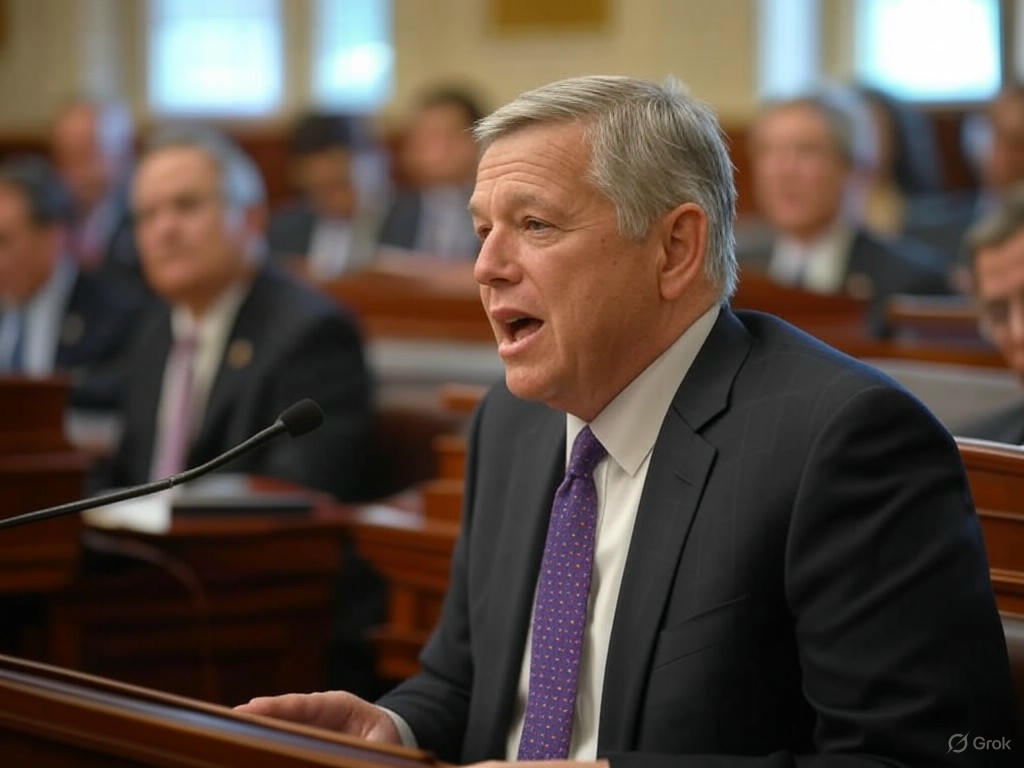Senate Moves Forward on Stablecoin Regulation Amid Crypto Industry Push
In a significant step for the cryptocurrency sector, the U.S. Senate is on the verge of passing a groundbreaking bill aimed at regulating stablecoins, a type of digital currency designed to maintain a consistent value. This legislation marks a pivotal moment for an industry that has long sought clarity and legitimacy through federal oversight. With the crypto market’s influence growing, fueled by substantial investments in political campaigns during the last election cycle, this bill could be the first of many to reshape how digital assets are governed in the United States.
Stablecoins, unlike more volatile cryptocurrencies like Bitcoin, are pegged to traditional assets such as the U.S. dollar, making them a popular choice for transactions and as a store of value in the digital economy. However, their rapid adoption has raised concerns among lawmakers about financial stability, consumer protection, and potential risks to the broader economy. Critics argue that without proper regulation, stablecoins could be exploited for illicit activities or destabilize markets if not backed by sufficient reserves. The Senate’s proposed framework seeks to address these issues by establishing strict guidelines for issuers, including mandatory audits and transparency requirements to ensure that these digital currencies are as secure as they claim to be.
What stands out in this legislative push is the absence of any direct mention of high-profile figures with stakes in the crypto space, including former President Donald Trump, whose investments in digital assets have been a topic of public interest. While some expected the bill to tackle potential conflicts of interest or impose restrictions on political figures with significant crypto holdings, the current draft focuses solely on market regulation. This omission has sparked debate among watchdog groups who argue that personal investments by influential individuals could sway policy decisions. Nevertheless, supporters of the bill emphasize that its primary goal is to create a stable and trustworthy environment for consumers and businesses engaging with stablecoins, rather than targeting individual stakeholders.
The timing of this legislation is no coincidence. The cryptocurrency industry has poured millions into lobbying efforts and campaign contributions over the past year, signaling its determination to secure a favorable regulatory landscape. Industry leaders view the Senate’s move as a win, believing that clear rules will attract more institutional investors and mainstream adoption. However, some smaller players in the crypto space worry that stringent regulations might stifle innovation or disproportionately burden startups unable to meet compliance costs.
As the Senate prepares to cast its vote, the outcome of this bill could set the tone for future crypto-related policies in Congress. If passed, it will likely pave the way for broader discussions on how to balance innovation with oversight in a rapidly evolving financial landscape. For now, the focus remains on stablecoins, but the implications of this legislation could ripple across the entire digital asset ecosystem, shaping the future of money in the digital age.


